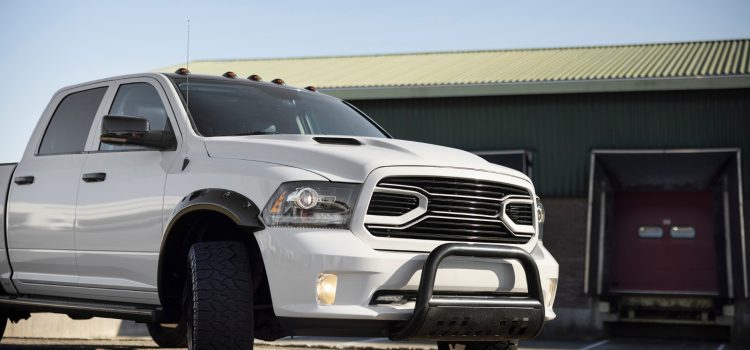
General Motors (GM) has recently announced another round of layoffs as the company seeks to cut costs and improve efficiency. The announcement comes as the automotive industry continues to face challenges related to the ongoing COVID-19 pandemic and a global semiconductor shortage that has disrupted production.
According to a statement released by the company, the layoffs will affect approximately 1,000 employees at GM’s plant in Lansing, Michigan. The plant currently produces the Chevrolet Traverse and Buick Enclave SUVs, as well as the Cadillac XT5 and XT6 crossovers. The company has not yet provided details on which specific jobs will be affected.
GM has cited a need to “align production with demand” as the reason for the layoffs. The company has also stated that it plans to “accelerate its transformation for an all-electric future” and that the layoffs will help it to “reinvest in the business.”
The announcement has been met with criticism from labor unions and some lawmakers, who have accused GM of prioritizing profits over workers. Michigan Senator Gary Peters, a Democrat, called the layoffs “deeply disappointing” and urged GM to “prioritize its workers and invest in their future.”
This is not the first time that GM has cut jobs in recent years. In 2019, the company announced plans to close four plants in the United States, including one in Lordstown, Ohio, that had been producing the Chevrolet Cruze. The move led to the loss of thousands of jobs and drew criticism from then-President Donald Trump.
GM has also been investing heavily in electric vehicle (EV) technology in recent years, with plans to launch 30 new EV models globally by 2025. The company has said that it aims to achieve carbon neutrality by 2040 and has pledged to invest $27 billion in EV and autonomous vehicle development over the next five years.
Some industry experts have suggested that the shift towards EVs could ultimately lead to job growth in the automotive sector, as new manufacturing and technology jobs are created. However, the transition is likely to be challenging, particularly for workers in traditional internal combustion engine (ICE) manufacturing.
Critics of GM’s recent layoffs have argued that the company should be investing in retraining programs and other initiatives to help workers transition to new jobs in the growing EV sector. The United Auto Workers (UAW) union has called on the company to provide “a path for impacted workers to transition to other GM plants.”
As the automotive industry continues to evolve, with a greater focus on EVs and new technologies like autonomous driving, it is likely that more job cuts and plant closures will occur. However, it will be important for companies like GM to ensure that workers are not left behind and are given opportunities to transition to new roles and industries.










